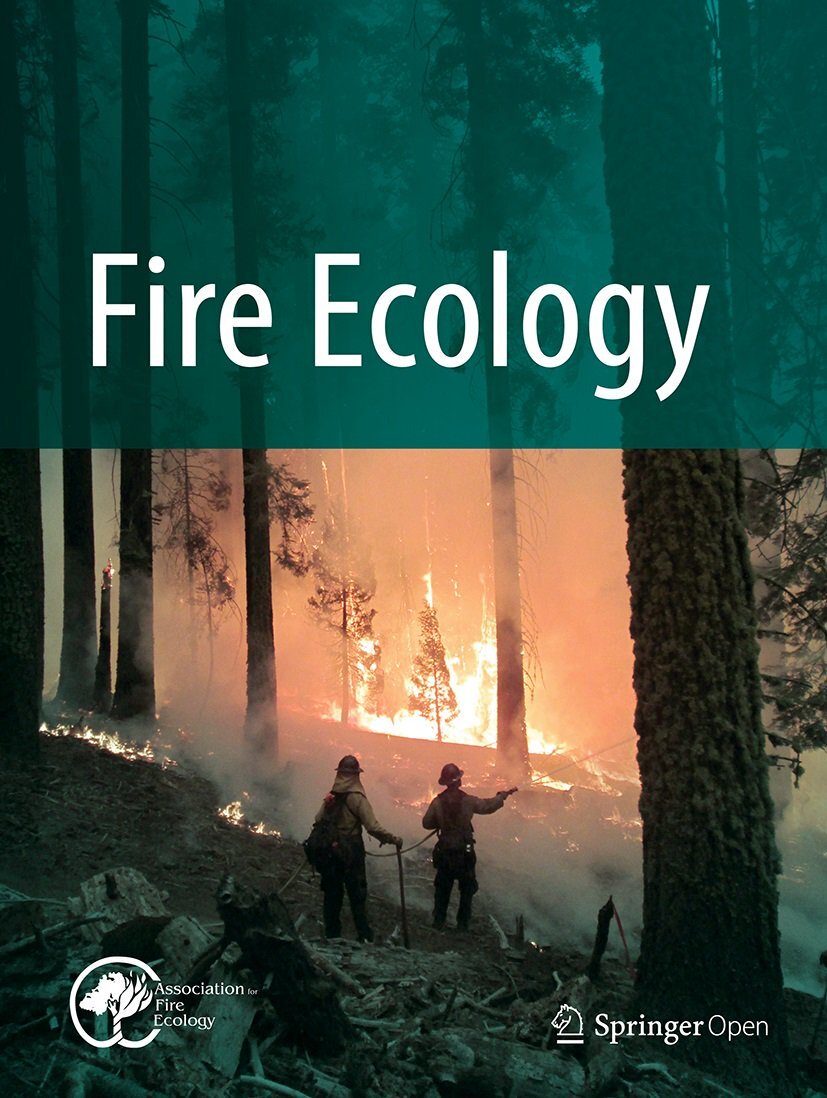The Department of Geology and Geography in the Eberly College of Arts and Sciences is seeking applications for a Postdoctoral Research Associate to support the following project: Application of Prescribed Fire to Control Southern Pine Beetle, Callery Pear, Spotted Lantern Fly. The researcher will work with researchers of West Virginia University, US Forest Service, and USDA APHIS to investigate how prescribed fire may be useful as a component of integrated pest management for reducing invasive forest pest insects. This project involves a mix of field and laboratory experiments to explore mechanistic and empirical relationships between fire behavior processes and fire effects as they relate to invasive species egg mass mortality from prescribed fire or its effects. Spotted lanternfly and spongy moth have been selected as two test species for this project. Data collection and field experiments for this work will be conducted in the New Jersey Pinelands while laboratory work will be conducted at the US Forest Service quarantine laboratory in Ansonia, CT. The incumbent will be stationed at the laboratory in Hamden, CT and for day-to-day activities will be supervised by project co-PI Dr. Melody Keena.
At WVU Research Corporation, we strongly believe in work-life balance and keeping time for things we love outside our work. WVU Research Corporation offers a comprehensive benefits package with a variety of options to suit your needs:
13 paid holidays (staff holiday calendar)
Paid Time off (PTO)
403(b) retirement savings with a fully vested 3% employee contribution match, (Employees have the option of contributing an additional 1-3% of their earnings to the plan, which is also matched by the WVURC)
A range of health insurance and other benefits
Dependent Education Scholarship
WVU Perks
What You'll Do
Analyze data and develop manuscripts from field and laboratory experiments.
Support laboratory experimentation of environmental treatment effects on invasive insect egg masses and develop associated manuscript(s).
Support field work in NJ as needed.
Engage in research in collaboration with the PIs and working group team.
Present the results of research/studies at professional meetings, technical conferences, and research group meetings.
Publish research results in technical reports and peer-reviewed journals.
Make data, code, and tools available to the scientific community and those working in fire management.
Qualifications
A Ph.D. in Entomology, Ecology, Biology, Geography, Natural Resource Management or a related field with emphasis in the analysis of ecological data. PhD should be obtained prior to the start of the position.
A minimum of one (1) year of experience involving:
Insect rearing (especially in quarantine)
Modeling in MatLab, R and/or Python
Quantitative structure models
Communication research results
A minimum of two (2) years of experience involving:
Statistical analysis of entomological/ecological data
Insect and tree identification
Project oversight and reporting
Using environmental chambers and other laboratory equipment
Academic publishing
A minimum of three (3) years of experience involving:
Mortality data analysis
Knowledge of statistical analysis of entomological/ecological phenomena.
Ability to collect data to identify and document weather conditions, site conditions, insect species and host plants present at study sites.
Ability to monitor overall study progress in accordance with work schedules and milestone objectives).
Skill in calibrating and operating laboratory instruments that are necessary to independently perform recurring tests, analyses, and other procedures in conducting experiments and studies.
Ability to coordinate field efforts and works with technical support to develop research.
Experience working with live insect colonies, preferably in a quarantine setting.
Ability to analyze mortality data and estimation of LT 50 and LC 50 values.
Ability to train, optimize, apply, and validate predictive models in R, Python or MatLab.
Knowledge of the development and use of quantitative structure models.
Ability to communicate research results to a variety of audiences.
Ability to publish research results in international, peer-reviewed academic outlets.

